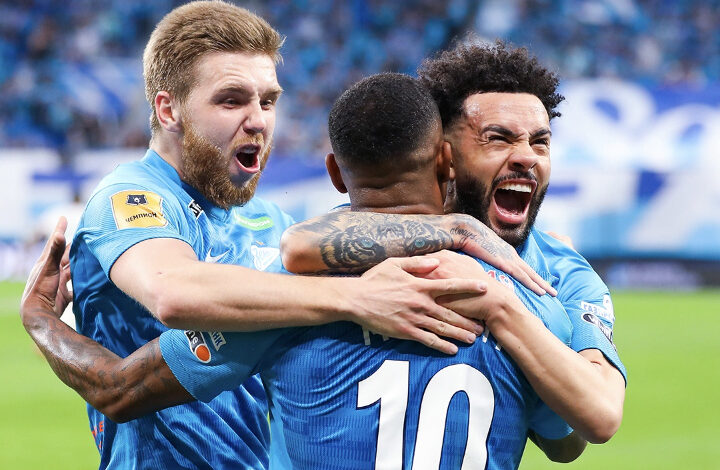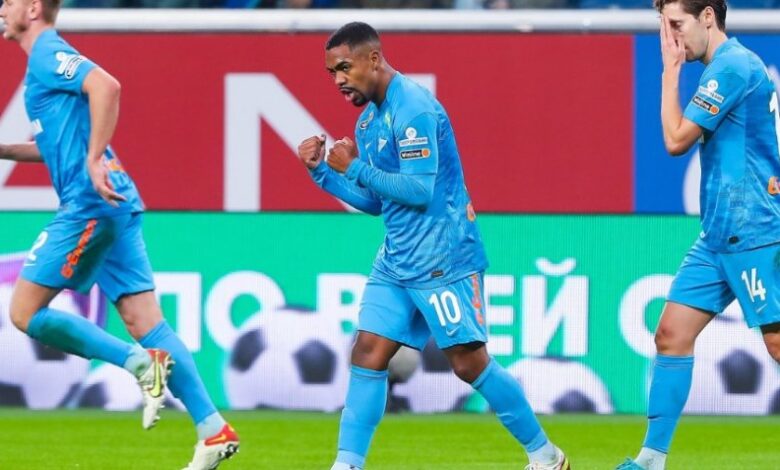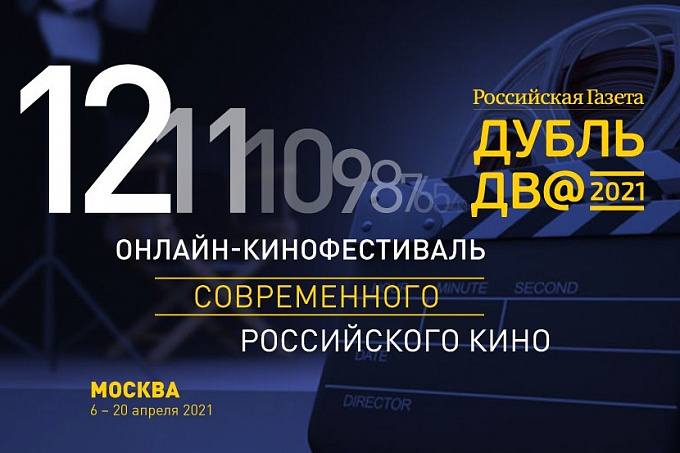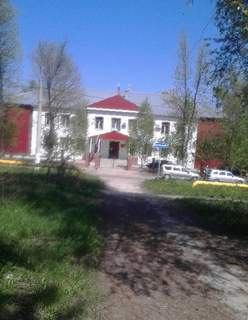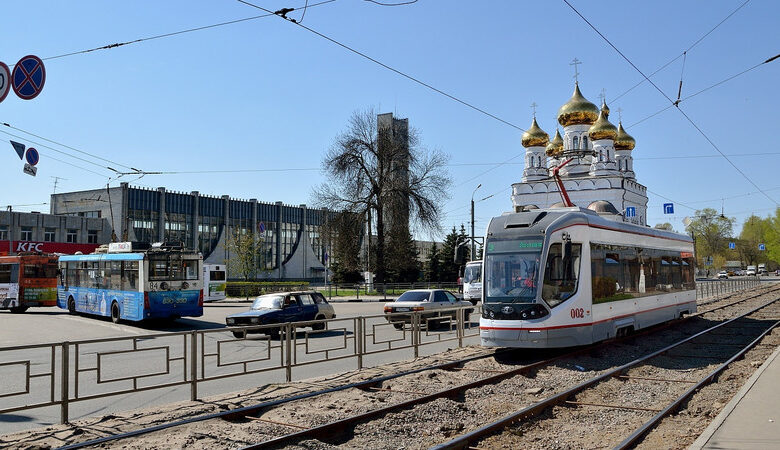The Russian state seems to have rushed to create a new digital ecosystem, not satisfied with what Yandex and Sberus did and how. Having taken from the oligarch Alisher Usmanov Mail.ru Group (obviously under this transaction, the replacing brand to VK), Gazprom received all the resources to create its ecosystem. And three people associated with the President of the Russian Federation Vladimir Putin will look after this: the beneficiary of the Russian Bank and the National Media group Yuri Kovalchuk, the son of the first deputy head of the Presidential Administration of the Russian Federation Sergey Kiriyenko Vladimir and the head of Rostec Group of Companies Sergey Chemezov.
Without Kevordo
TSB RF: USD 66.24 EUR 70.07
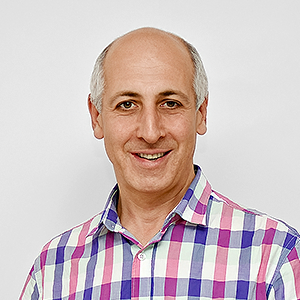
The Russian state seems to have rushed to create a new digital ecosystem, not satisfied with what Yandex and Sberus did and how. Having taken from the oligarch Alisher Usmanov Mail.ru Group (obviously under this transaction, the replacing brand to VK), Gazprom received all the resources to create its ecosystem. And three people associated with the President of the Russian Federation Vladimir Putin will look after this: the beneficiary of the Russian Bank and the National Media group Yuri Kovalchuk, the son of the first deputy head of the Presidential Administration of the Russian Federation Sergey Kiriyenko Vladimir and the head of Rostec Group of Companies Sergey Chemezov.
Last week, the composition of VK owners was radically updated. First, Sogaz JSC on December 2 bought a 45% stake in MF Technology JSC, which controls 57.3% of VK votes from Megafon. And on December 3, it turned out that Gazprombank acquired 9% of MF Technologies from the USM holding Alisher Usmanov. In November of this year, Gazprombank bought 36% of the MF Technology shares from Sberbank (the transaction amount amounted to 12.8 billion rubles). Having consolidated in its hands 45% of the MF Technology, Gazprombank on December 3 introduced this package to the property of Gazprom-Media Holding JSC. Thus, now the composition of shareholders of MF Technology JSC looks like this: Gazprom-Media Holding (45%), Sogaz (45%) and Rostec (10%).
If we take into account that the Gazprom group controls 23.69% of the shares of Sogaz JSC (see the news of ComNews of December 3, 2021), and Gazprom-Media Holding through Elion LLC is fully belonging to Gazprombank, it turns out, it turns out, it turns out, that Gazprom gained control over 55.66% of VK. In other words, it is Gazprom that will determine the future of VK.
Although, in the line of Russian policy of total distrust, three pro -Kremlin forces are assigned to Gazprom, which will look after him: this is a close friend of Vladimir Putin Yuri Kovalchuk, who is the largest beneficiary of Sogaz, the head of Rostec Group of Companies, Sergei Chemezov, side oh side. He worked with Vladimir Putin in the GDR in the late 1980s, and the first deputy head of the administration of the President of the Russian Federation Sergey Kiriyenko, whose son Vladimir is about to become the general director of VK (see the news of ComNews of December 3, 2021).
For several years, the supreme power in Russia has been concerned with import substitution and, wider, the creation of local analogues of foreign digital products and ecosystems. On the Internet and other media spheres, the desire of Russian officials to control the information space is added to this in order to prevent corruption revelations, opposition points and other seditions.The global course towards creating ecosystems plays into the hands of such ambitions: it is much more convenient to take control of an entire media and content bush at once than to run after each individual site, TV channel or newspaper.
At the present stage, it is ecosystems that play a key role in all digital markets. As Artem Moshkov, general director of Netrika, noted at a recent conference, an ecosystem in nature is a setting: who eats whom and in what order, in other words, it is a question of place in the food chain.
It would seem that Yandex and Sberbank have firmly occupied the niche of pro-state ecosystems. Yandex seems to have proved its loyalty: in 2009, simultaneously with its listing on the American stock exchange, it gave Sberbank a golden share for a symbolic sum of €1. In 2020, this action was taken over by the murky Public Interest Fund, which is solely owned by Yandex's parent company, Yandex N.V., and whose board includes various pro-government personalities (see ComNews news of September 29, 2020). Yandex suppressed online opposition activity in Navigator (see the ComNews rare column dated April 21, 2020) and helped ANO Dialog create algorithms for tracking protest moods in regional Internet resources and social networks. But Yandex did not become its own for the authorities. The shaky structure with the Public Interest Fund only protects against radical actions by Yandex, but hardly allows you to control its activities. And shares of Yandex N.V. remind the Kremlin of the saying No matter how much you feed the wolf, he still looks into the forest.
Sberbank looks much more familiar to the state. But it seems that the bank itself recognized many years of attempts to create a digital ecosystem as not very successful. In a recent interview with ComNews, Aleksey Shashkin, director of the Small and Micro Business division at Sberbank, said bluntly: “We tried to separately analyze the sales of each product. But in the end we made a radically different decision: we want to provide ecosystem services that will attract more customers to the bank on settlement and cash services and provide them with the best banking service (see interview with ComNews, August 9, 2021).
Looks like the authorities decided to bet on a new ecosystem horse. Gazprom will obviously not spoil the furrow, but it lacked a truly mass service to create an ecosystem. Yandex had a search engine of the same name, and in modern times Yandex.Maps, Navigator and Taxi were added to it. Sberbank is the largest bank in the country: suffice it to say that the number of plastic cards issued by it significantly exceeds the population of Russia.
Gazprom seems to have Gazprom-Media Holding, but TV channels such as TNT and NTV controlled by it do not interact directly with the end user, and Rutube's video hosting is too weak to even slightly resemble its role model – YouTube.Gazprombank with a mass client also works little, and the GPB Mobail virtual mobile operator he created hardly attracted even several thousand users.
And here – Bingo: Buy VK. Analysts note that Alisher Usmanov sold VK far from at the peak of financial indicators. It is very likely that he simply received a signal for sale – as he was forced to buy in 2006 the buyer of Kommersant’s newspaper from the disgraced oligarch Boris Berezovsky, and in 2014 – the acquirer of the VKontakte social network from Pavel Durov who fell into disgrace. So to speak, God gave, God took.
What became the root cause of the sale of VK – God news. Perhaps in the first place was really the desire of Gazprom to create its own ecosystem. Or maybe the fault of this is a systematically abbreviated audience of the VKontakte social network that the Kremlin cannot but bother.
The analyst of Veles Capital IK Artem Mikhailin believes that, having taken this asset from Alisher Usmanov, the authorities removed the risks of this oligarch and USM holding under sanctions. But this version does not withstand any criticism: Gazprom is naughty by sanctions no less, and his partner in the transaction with VK Yuri Kovalchuk was almost the first number in the US sanctions list (as a member of the Lake Cooperative and the owner of the Russian Bank, where Vladimir Putin holds his money).
Having gained control over VK, Gazprom may well take up the creation of an ecosystem. The content of Gazprom-Media Holding, and the cellular communication of GPB Mobail, and Gazprom Neft can be attached to this platform. Perhaps Gazprombank and Sogaz will also turn towards the mass market. Gazprom even has its own Airlines Gazprom Avia – unfolding it towards B2 -Skin, the chairman of the board of Gazprom PJSC Alexei Miller is able to wipe his nose even to the head of Sberun Gref.
Of course, for the digital ecosystem, the name Gazprom is poorly suitable – unlike Yandex, which was originally Digital NATIVE, and the SBRA, which the word bank threw in the updated brand. Despite the wide support of sports and some dreams, the Gazprom brand is associated with something heavy and industrial. But all the “daughters” and “granddaughters” of Gazprom combines the logo in the form of the letter G with a spark from above, and for the new ecosystem a very youth brand “lighter” suggests itself.
Judging by the speed with which the change of owners and leadership of the VK happened, we will very soon see whether the ComNews assumption about the creation of the Gazprom digital ecosystem will be justified.



